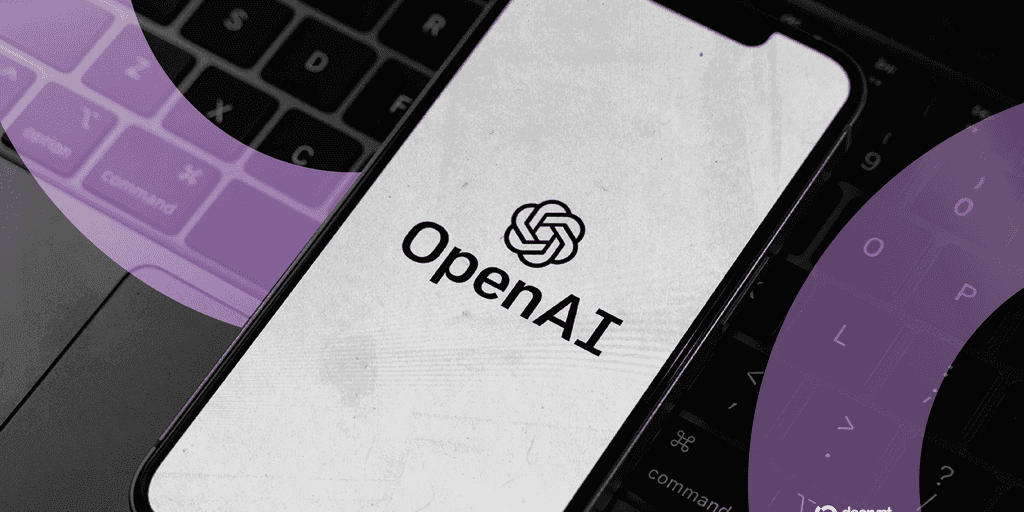YouTube Introduces AI Detection Tools to Combat Deepfake Content
2 Sources
2 Sources
[1]
YouTube is making new tools to protect creators from AI copycats
The first tool, described as a "synthetic-singing identification technology," will allow artists and creators to automatically detect and manage YouTube content that simulates their singing voices using generative AI. YouTube says the tool sits within its existing Content ID copyright identification system, and that it's planning to test it under a pilot program next year. The announcement follows YouTube's pledge last November to give music labels a way to take down AI clones of musicians. The rapid improvement and accessibility of generative AI music tools has sparked fears among artists regarding their use in plagiarism, copycatting, and copyright infringement. In an open letter earlier this year, over 200 artists including Billie Eilish, Pearl Jam, and Katy Perry described unauthorized AI-generated mimicry as an "assault on human creativity" and demanded greater responsibility around its development to protect the livelihoods of performers.
[2]
Is that song real? YouTube's new tech will catch it if it's not
YouTube is building new technology within Content ID (its system for identifying copyrighted material) that claims to be able to spot synthetic singing. If you're a creator and someone tries to clone your voice with AI and use it in a song, YouTube's system is designed to catch it. Alternatively, if you're a casual YouTube viewer, this tool could help reassure you that the music you're enjoying on the platform is authentic and not some AI-generated knockoff that's piggybacking off someone else's identity and hard work. YouTube is currently working with different partners to fine-tune this tool and states that a pilot program will be available early next year. If all goes well, we should see this technology rolled out widely soon after.
Share
Share
Copy Link
YouTube unveils new AI detection tools to help creators identify AI-generated content, including singing deepfakes. The platform aims to balance innovation with transparency and creator rights.

YouTube's New AI Detection Initiative
In a significant move to address the growing concerns surrounding artificial intelligence in content creation, YouTube has announced the introduction of new AI detection tools. These tools are designed to help creators identify AI-generated content, with a particular focus on combating singing deepfakes
1
.The Rise of AI-Generated Content
As AI technology continues to advance, the platform has seen an increase in AI-generated content, including realistic voice clones and deepfakes. This surge has raised concerns about potential misuse and the authenticity of content on the platform. YouTube's latest initiative aims to provide creators with more control and transparency over their work
2
.Key Features of the AI Detection Tools
The new tools will allow creators to upload their voice to YouTube's system, enabling the platform to detect when that voice is used without permission in other videos. This feature is particularly crucial for musicians and vocalists who may fall victim to unauthorized AI-generated covers or impersonations
1
.Additionally, YouTube plans to implement a feature that will inform viewers when they are watching synthetically generated content. This move towards transparency is expected to help users distinguish between authentic and AI-created videos
2
.Balancing Innovation and Creator Rights
YouTube emphasizes that while they encourage innovation in AI technology, they also prioritize protecting creators' rights. The platform aims to strike a balance between fostering creativity and maintaining the integrity of original content. By providing these detection tools, YouTube hopes to empower creators to have more control over how their likeness and voice are used across the platform
1
.Broader Implications for the Creator Economy
The introduction of these AI detection tools reflects a growing trend in the digital content industry to address the challenges posed by rapidly advancing AI technology. As deepfakes and AI-generated content become more sophisticated, platforms like YouTube are under increasing pressure to develop robust systems to detect and manage such content
2
.Related Stories
Future Developments and Challenges
While these tools mark a significant step forward, experts anticipate ongoing challenges in the AI detection landscape. As AI technology continues to evolve, so too must the detection methods. YouTube has indicated that this is just the beginning of their efforts to create a more transparent and secure environment for creators and viewers alike
1
2
.Industry-Wide Impact
YouTube's move is likely to set a precedent for other social media and content-sharing platforms. As the largest video-sharing platform, YouTube's approach to AI-generated content could influence industry standards and potentially shape future regulations in the digital content space
2
.References
Summarized by
Navi
[2]
Related Stories
Recent Highlights
1
ByteDance Faces Hollywood Backlash After Seedance 2.0 Creates Unauthorized Celebrity Deepfakes
Technology

2
Microsoft AI chief predicts artificial intelligence will automate most white-collar jobs in 18 months
Business and Economy

3
Google reports state-sponsored hackers exploit Gemini AI across all stages of cyberattacks
Technology








